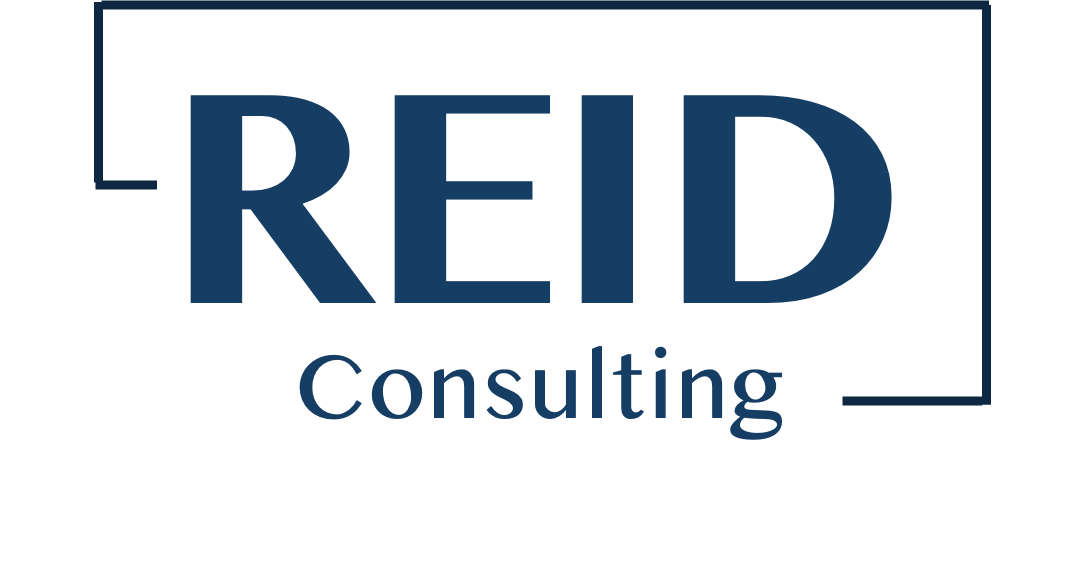Contracting Strategies & Bid Management
REID assembles the right professional team and sets your project up for success. Utilizing a formal procurement process, we establish and clearly delineate the precise scope of work and performance requirements for architects, engineers, consultants, designers, contractors, and other project participants. Our approach leads to a smoother process with reduced risk and fewer change orders.
Bid Management
To leverage expert knowledge and thorough processes to efficiently solicit bids for design and construction services, ensuring the selection of qualified professionals who meet project objectives while delivering maximum value.
Prequalify Experienced Design Professionals and Contractors
We conduct a comprehensive prequalification process to identify and shortlist experienced design professionals and contractors. This involves reviewing their portfolios, assessing relevant project experiences, verifying professional credentials, and checking references. By selecting only those with a proven track record, we ensure a pool of candidates capable of delivering high-quality work aligned with industry standards.
Prepare Detailed Requests for Proposal and Bid Packages
Our team develops thorough Requests for Proposal (RFP) and bid packages that clearly outline the project scope, requirements, timeline, and evaluation criteria. This meticulous preparation helps to ensure that all potential bidders understand the expectations and deliverables, thereby obtaining more accurate and competitive submissions.
Verify Bid Compliance with Scope and Technical Requirements
Upon receiving bids, we conduct a detailed review to ensure each submission complies with the specified scope and technical requirements of the project. This step is crucial for maintaining project integrity and ensuring that all bids align with the set goals, regulations, and standards, eliminating proposals that do not meet essential criteria.
Facilitate Pre-Bid Meetings
We organize and facilitate pre-bid meetings to engage potential bidders. These meetings serve as a platform to go over project specifics and foster open communication, allowing bidders to ask questions directly. This proactive approach helps to clarify uncertainties and enhances the quality of bids received.
Respond to Requests for Information
Throughout the bidding process, we manage and respond to all requests for information (RFIs) from bidders. This includes providing additional details, clarification of project requirements, and access to documents. By promptly addressing RFIs, we maintain transparency and ensure that all bidders have the necessary information to submit informed proposals.
Coordinate Interview Process to Ensure Teams Are a Good Fit
We coordinate an interview process for shortlisted bidders to assess their capabilities, team dynamics, and cultural fit for the project. Engaging with bidders allows us to evaluate their approach, responsiveness, and overall compatibility, which is essential for fostering successful partnerships.
Tabulate and Evaluate Bids
We meticulously tabulate and evaluate all bids against predetermined criteria, including cost, design innovation, past performance, and alignment with project goals. This systematic evaluation process allows for fair comparison and ensures that we identify the most promising candidates.
Recommend Bidder
After thorough evaluation, we will recommend the bidder whose proposal best aligns with the project objectives and demonstrates the highest potential for success. This recommendation will be based on a combination of qualitative and quantitative assessments, ensuring a well-rounded decision-making process.
Negotiate Terms
Finally, we will engage in contract negotiations to secure the most favorable terms and pricing for the selected bidder. Our approach will focus on achieving optimal value while ensuring all project requirements and expectations are integrated into the final agreement. Through strategic negotiations, we seek to maximize resources while fostering a productive working relationship.
By implementing this comprehensive plan, we are committed to providing an effective value proposition that not only enhances the quality of submitted proposals but also ensures that the selected design professionals and contractors align seamlessly with the project's vision and objectives. Our structured approach to the solicitation process facilitates successful outcomes and contributes to the overall success of the project.
Contracting Strategies
Implementing effective contracting strategies is essential for aligning agreements with project objectives, leading to numerous advantages that enhance overall project success. By selecting the appropriate type of contract based on project budget, duration, complexity, and goals, the project team can better manage risk, control costs, and optimize resource allocation.
One key benefit of well-aligned contracts is improved clarity that can minimize misunderstandings and disputes, fostering collaboration and ensuring all stakeholders are working toward a common goal. This alignment enhances communication, leading to a more cohesive project execution. The right contract can also encourage innovation and collaboration among subcontractors
Moreover, contracts tailored to specific project objectives facilitate better risk management. By accurately allocating risks to the party best positioned to manage them, organizations can mitigate potential disruptions that may arise during the project lifecycle. For instance, risk-sharing arrangements can encourage contractors to deliver value engineering solutions that align with both budget and quality objectives.
Effective contracting also supports better performance monitoring and accountability. Contracts with clear performance metrics enable project managers to track progress and enforce compliance, ensuring that milestones are met on time and within budget. Incentive-based contracts, for example, motivate teams to identify cost-saving measures and enhance project quality. Ultimately, REID will assess the various opportunities and constraints associated with each project and recommend an agreement that aligns with the project’s objectives, leading to streamlined workflows, enhanced stakeholder satisfaction, and higher-quality outcomes.
